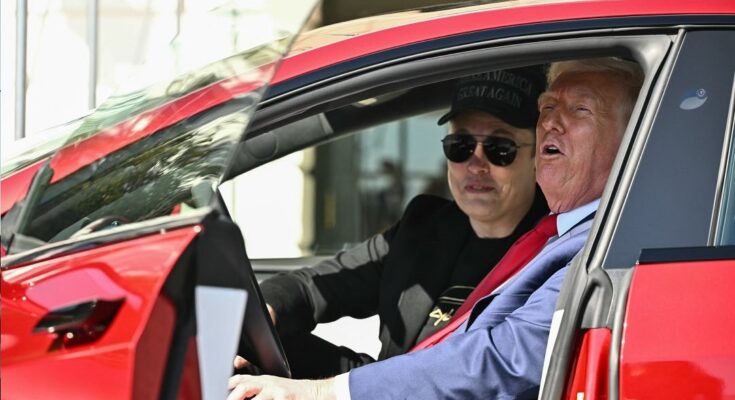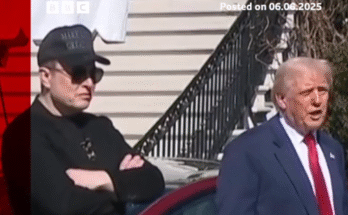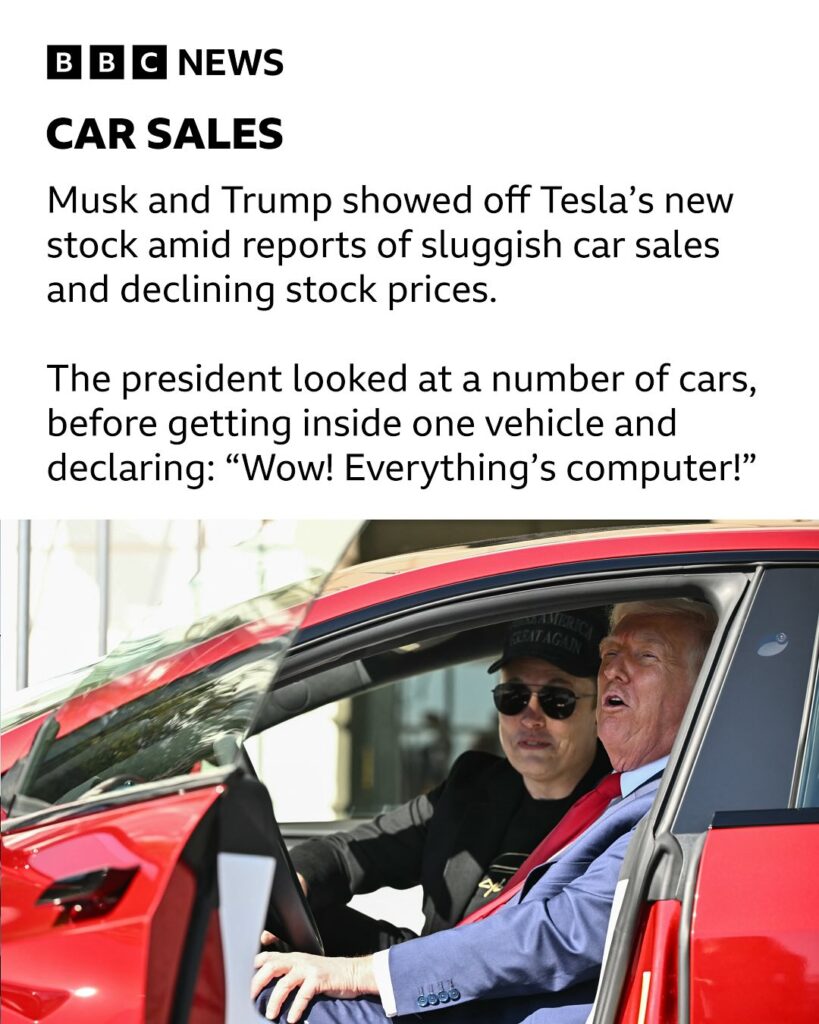
When Donald Trump assumed the presidency of the United States, the world witnessed the rise of a figure who embodied wealth, power, and influence on a scale rarely seen in politics. As the leader of the richest country on the planet, Trump’s brand was inseparable from business success, celebrity culture, and bold ambition. At the same time, Elon Musk, the world’s richest person, was revolutionizing multiple industries—from electric vehicles and space exploration to artificial intelligence and renewable energy. On paper, the pairing of Trump and Musk appeared to be a match made in the upper echelons of American power and innovation.
Two titans of industry and influence, both commanding massive followings, seemed poised to shape the future of America and beyond through a combination of political clout and visionary entrepreneurship. Yet, despite this seemingly perfect alignment, the relationship between Trump and Musk has proven far more complicated and, at times, publicly fractious.
The Initial Alignment: Power, Wealth, and Ambition
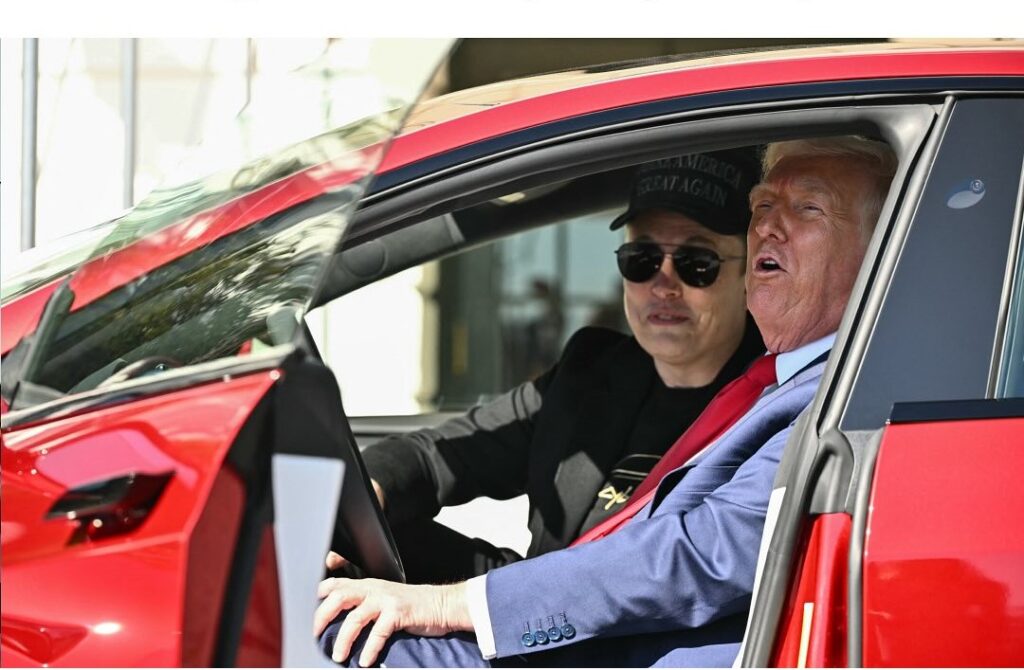
At first glance, the alliance between Donald Trump and Elon Musk seemed natural. Both are emblematic of the American Dream—self-made billionaires who reached the pinnacle of success through a mix of boldness, unconventional thinking, and relentless work ethic.
Trump’s presidency was rooted in promises to strengthen America’s economy, create jobs, and promote domestic industries. Musk’s ventures, such as Tesla’s electric cars and SpaceX’s reusable rockets, aligned with forward-looking economic ideals—innovation, technological advancement, and American global leadership.
There were moments when the two appeared to share mutual interests. Trump touted American manufacturing and energy independence, goals that dovetailed with Musk’s push for renewable energy solutions and domestic production. Musk’s leadership in pioneering electric vehicles also echoed Trump’s “America First” rhetoric in some respects, as Tesla’s factories and supply chains contributed to the U.S. economy.
Early Collaborations and Optimism
During Trump’s term, Musk was briefly an advisor on the President’s Strategic and Policy Forum, a group intended to provide business leaders’ perspectives on the economy. This formal connection symbolized a hopeful collaboration between political power and technological innovation.
Musk’s ventures enjoyed several policy developments that seemed favorable. For example, efforts to deregulate certain industries and open up new opportunities in space exploration aligned with SpaceX’s ambitions. There was a shared interest in pushing America to maintain and extend its leadership in cutting-edge technology.
This phase saw a seemingly promising partnership—an unprecedented blend of a political leader with direct access to executive power and the world’s most prominent innovator.
The Cracks Begin to Show
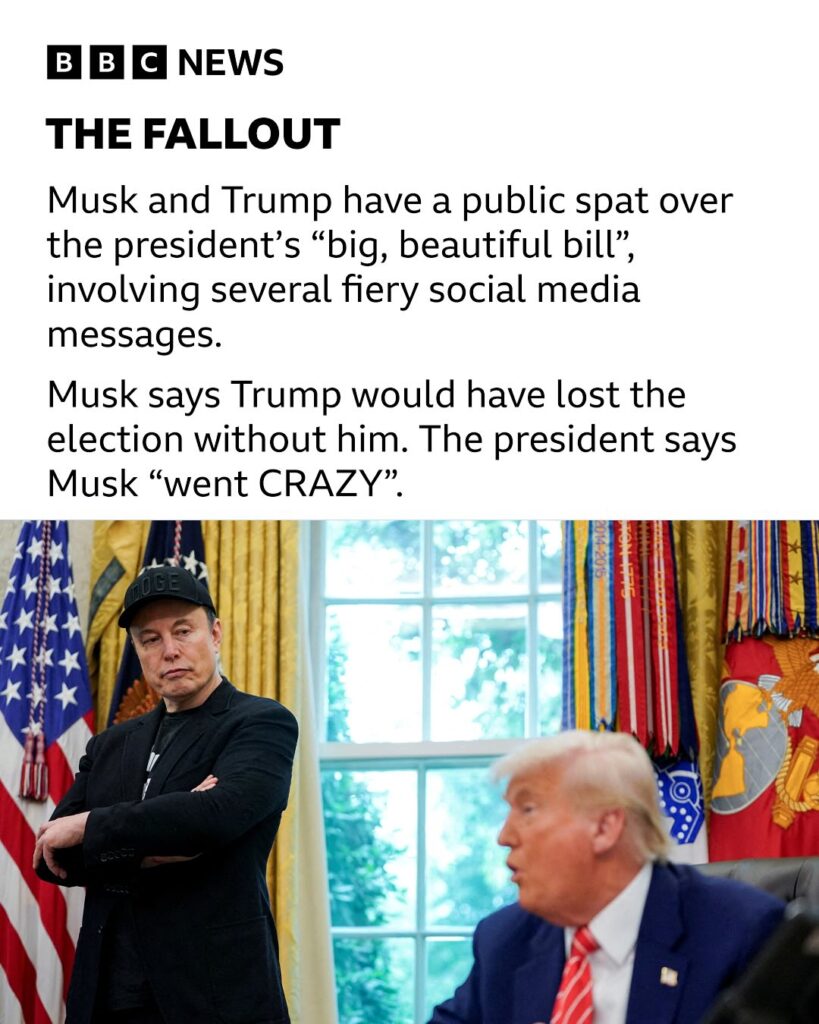
However, beneath the surface, significant ideological and personal differences were simmering. Elon Musk’s vision for the future often conflicted with Trump’s approach to governance and policy priorities.
One key area of divergence was climate change and environmental policy. Musk has long been a vocal advocate for renewable energy, electric vehicles, and addressing global warming. Trump, in contrast, rolled back several environmental protections, withdrew the U.S. from the Paris Climate Agreement, and frequently expressed skepticism about climate science.
These conflicting stances created friction. Musk’s public support for environmental issues increasingly clashed with the administration’s priorities, which favored traditional energy industries like coal and oil.
Further tensions arose during the COVID-19 pandemic. Musk’s criticism of lockdowns and mandates occasionally echoed Trump’s dismissive tone, but their approaches still diverged in execution and rhetoric. Musk was vocal about keeping his factories open, emphasizing economic continuity, while Trump’s messaging was sometimes inconsistent and politically charged.
The Public Fallout and Musk’s Departure
The relationship took a definitive downturn when Elon Musk resigned from Trump’s advisory councils in 2017. Musk cited Trump’s decision to withdraw from the Paris Climate Agreement as the breaking point, stating that he could not be part of a group that undermined efforts to combat climate change.
This public departure signaled a clear break between the two figures. It highlighted how deeply policy differences—especially around the environment—could undermine what once appeared to be a natural alliance of wealth and influence.
Since then, Musk has often positioned himself as an independent voice, occasionally aligning with conservative ideas such as deregulation and free-market principles, but also frequently criticizing aspects of Trump’s policies and style. Trump, meanwhile, has taken shots at Musk in various forums, questioning his loyalty and political views.
Why the Pairing Ultimately Didn’t Work
At the core, the Trump-Musk pairing failed because it was an uneasy alliance between fundamentally different worldviews and priorities, despite both men’s immense personal success.
Trump’s political brand is rooted in nationalism, populism, and a traditional, often confrontational approach to leadership. His style is blunt, polarizing, and focused on appealing to a specific base of voters.
Musk, while not apolitical, embraces a global vision shaped by innovation, science, and technological progress. He champions sustainability, futurism, and disruptive technologies that don’t always fit neatly into established political narratives.
Their differences also reflect the tension between politics and entrepreneurship. While politicians operate within a framework of governance, public opinion, and partisanship, entrepreneurs like Musk prioritize innovation, risk-taking, and market-driven solutions, often requiring flexibility and cross-partisan cooperation.
Lessons from a Complicated Relationship
The saga of Trump and Musk serves as a powerful case study on the complexities that arise when politics meets tech billionaire influence. It underscores that shared wealth and power don’t guarantee alignment on values or vision.
It also shows the limits of strategic alliances when fundamental policy disagreements exist. In an era where technology increasingly shapes society and politics, navigating these intersections is crucial—and fraught with challenges.
Looking Ahead: Separate Paths, Shared Impact
Today, both Donald Trump and Elon Musk remain hugely influential, but they largely operate on separate trajectories. Trump continues to shape American politics and the Republican Party, while Musk pushes forward with ambitious technological goals—from colonizing Mars to advancing artificial intelligence.
Though their paths have diverged, their brief association is a reminder of the immense forces at play when wealth, politics, and innovation collide. Their story highlights the challenges—and opportunities—of leadership in a rapidly evolving world.
